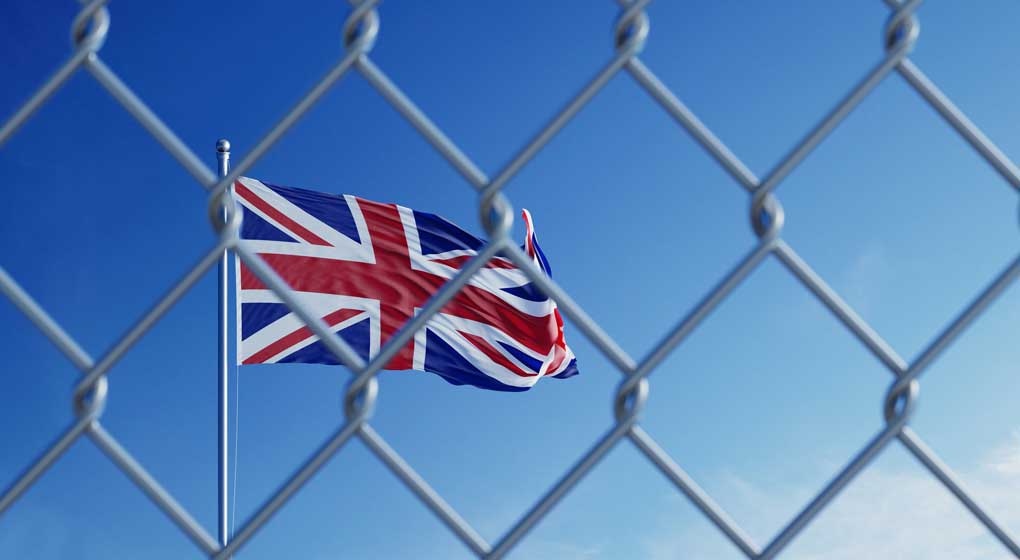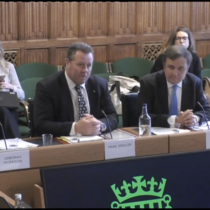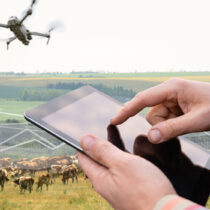UK delays import checks again to avoid chaos at borders
With just days to go before the new border control regime is due to commence, the Government has told port authorities that it will not ‘turn on’ the planned health and safety checks on EU imports because they risk ‘significant disruption’. But they have not given any indication of when and how they will be implemented, only saying that they will take a ‘phased’ approach.
In a presentation to the ports’ managers, Defra revealed that the new system is not fully prepared for the level of checks they now expect will be needed. In this article, Nan Jones, BMPA’s Technical Policy Manager describes why that might be.
The introduction of new ID and physical checks presents significant uncertainty for the UK’s trade landscape, with the extent of its impact hinging on the Government’s implementation strategy. Drawing from the EU’s implementation experience in January 2021, where similar controls were enforced on GB goods, we anticipate a substantial financial burden, delays at ports and a loss of trade flexibility.
Nan Jones said: “We are hearing of a high rate of mistakes being made in the paperwork that now has to accompany consignments coming into the UK. This is particularly around ‘no matches’ which is where the reference number for the customs declaration does not coincide with the data entered by the person raising the Notification into the Defra IPAFFS Service.
“Currently there is no consequence for this error but once the new border controls come into force, these errors will result in consignments being directed to a BCP for an inspection. This could result in UK border posts being overwhelmed with extra work they are not equipped to process”.
BMPA estimates an additional cost of £500 per vehicle, which includes veterinary charges, Border Control Post fees, and customs clearance charges, not including the associated administrative overhead. These added costs, which industries cannot indefinitely absorb, are poised to fuel food price inflation.
There’s also a concern over the loss of trade flexibility, particularly in fast-moving fresh goods sectors. Nan Jones explains: “The almost complete end of groupage trade for animal origin products going to EU customers has already exposed the complexities and commercial risks involved in the post-Brexit regime, and we particularly expect this to affect small European food exporters the most following the introduction of the new border regime.”
Nan Jones describes what should happen from here: “This impending shift constitutes yet another layer of post-Brexit cost and bureaucracy for businesses. The BMPA advocates for bilateral negotiations between the UK and the EU to secure a comprehensive veterinary agreement based on alignment. This would reduce costs and alleviate the majority of these issues overnight, including those that are currently affecting goods movement to Northern Ireland.”






